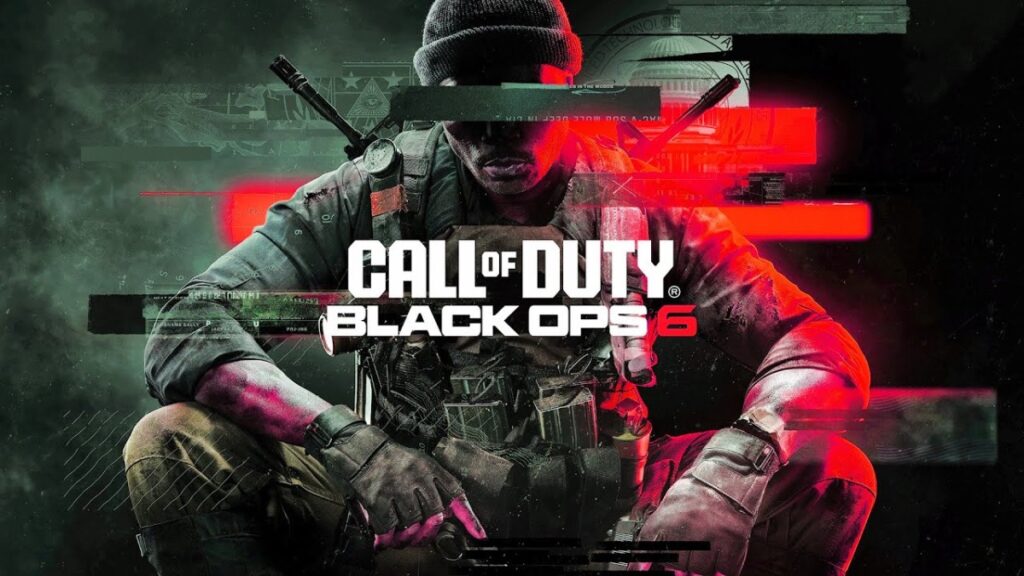Kuwait has officially banned the upcoming video game Call of Duty: Black Ops 6, raising concerns over how popular games portray sensitive historical events. The decision came just days before the game’s global launch, and it has already sparked debate across the gaming world and beyond.
This isn’t just about a video game—it’s about how countries, especially those with traumatic pasts, choose to remember and protect their history.
What’s in the Game That Sparked the Ban?
Call of Duty: Black Ops 6 is set in the early 1990s, during the time of the Gulf War, a conflict that deeply affected Kuwait. In 1990, Iraq, under the leadership of Saddam Hussein, invaded Kuwait, leading to a seven-month occupation. A U.S.-led coalition later liberated Kuwait in early 1991.
The game reportedly includes missions based in Kuwait and features visual elements from the war, including burning oil fields and even the likeness of Saddam Hussein. This portrayal appears to be what prompted the Kuwaiti authorities to block the game’s release within the country.
Why Kuwait Took Action
The Kuwaiti Ministry of Information has not released a detailed public statement, but according to reports, the ban was imposed because the game includes scenes that show Saddam Hussein in a playable or cinematic role. This portrayal was seen as disrespectful to the memory of the war, and could be viewed as glorifying or trivializing a period of deep national pain.

For Kuwait, the Gulf War is more than just history—it’s a defining moment in the country’s modern identity. Many citizens either lived through the occupation or had family members who suffered during the conflict. For this reason, any media representation that includes Saddam Hussein in a way that isn’t clearly critical is bound to stir strong emotions.
Kuwait’s History with Game Bans
Kuwait is no stranger to banning video games. Over the years, the country has blocked titles it considers culturally or politically inappropriate, including games with religious references, controversial political themes, or adult content. But this ban is different—it’s based on national memory and historical trauma.
While bans on violent or mature-rated games are common in many countries, this move highlights how digital media is now a powerful tool for shaping narratives around history and politics.
Reactions from Gamers and the Public
The ban has triggered mixed reactions. Many Kuwaiti gamers expressed disappointment, especially those who were looking forward to the release of Black Ops 6. On social media, some users argued that players should be trusted to distinguish fiction from history, while others defended the government’s decision, saying it’s important to preserve respect for national history.
Internationally, the ban has led to a wider conversation about how games deal with real-world events. Critics of the game argue that using real wars for entertainment without proper context or sensitivity can be dangerous. Others feel that art and games should have the freedom to explore even the most difficult moments in history.
What Activision Says
Activision, the publisher of the Call of Duty franchise, has not yet issued an official statement in response to Kuwait’s decision. However, the company has often defended its creative choices by saying that its games are meant to reflect realistic, complex global conflicts.
The Call of Duty series is known for using real events and figures in fictionalized storylines. Past games have covered everything from World War II to Cold War espionage to futuristic warfare. But the decision to include Saddam Hussein—a real and highly controversial figure—in the game may have crossed a line for some.
The Bigger Picture: History, Entertainment, and Ethics
The situation in Kuwait brings up a larger question: how should entertainment portray real-life tragedies?
While movies, TV shows, and books have long explored wars and political conflicts, video games are different. They are interactive, immersive, and often put players in the role of combatants. This raises ethical concerns, especially when the events depicted are still fresh in the minds of those who experienced them.
Should a video game let players engage in battles based on real events that caused pain and loss for millions? And if it does, what responsibilities do the game developers have to portray those events respectfully?
There’s also a growing awareness that games are more than just entertainment—they are cultural artifacts. They shape how new generations understand history. And for countries like Kuwait, which are still dealing with the legacy of war, this is a deeply personal issue.
Will Other Countries Follow?
As of now, Kuwait is the only country known to have banned Black Ops 6, but it remains to be seen whether others in the Gulf region or beyond will follow suit. Nations such as Saudi Arabia, the UAE, and Qatar have their own media guidelines and may take similar actions if they feel the content is inappropriate.
What’s Next for Kuwaiti Gamers?
With the game officially banned, Kuwaiti gamers will not be able to legally purchase or download Call of Duty: Black Ops 6 through official channels. However, as with previous bans, there are concerns that players may try to access the game through VPNs or import it from other countries. This opens up another layer of discussion about digital censorship, access, and consumer rights.
In Conclusion
Kuwait’s ban on Call of Duty: Black Ops 6 is about more than just one video game. It’s about how nations choose to protect their history, how modern media should handle real-life tragedies, and the role of entertainment in shaping public memory.
For gamers around the world, it’s a reminder that what we play can carry powerful meaning—and that even in a virtual world, real-world consequences are never far behind.
Kuwait’s Waterfront Development: Phase 2 Completed with Sustainable Features



